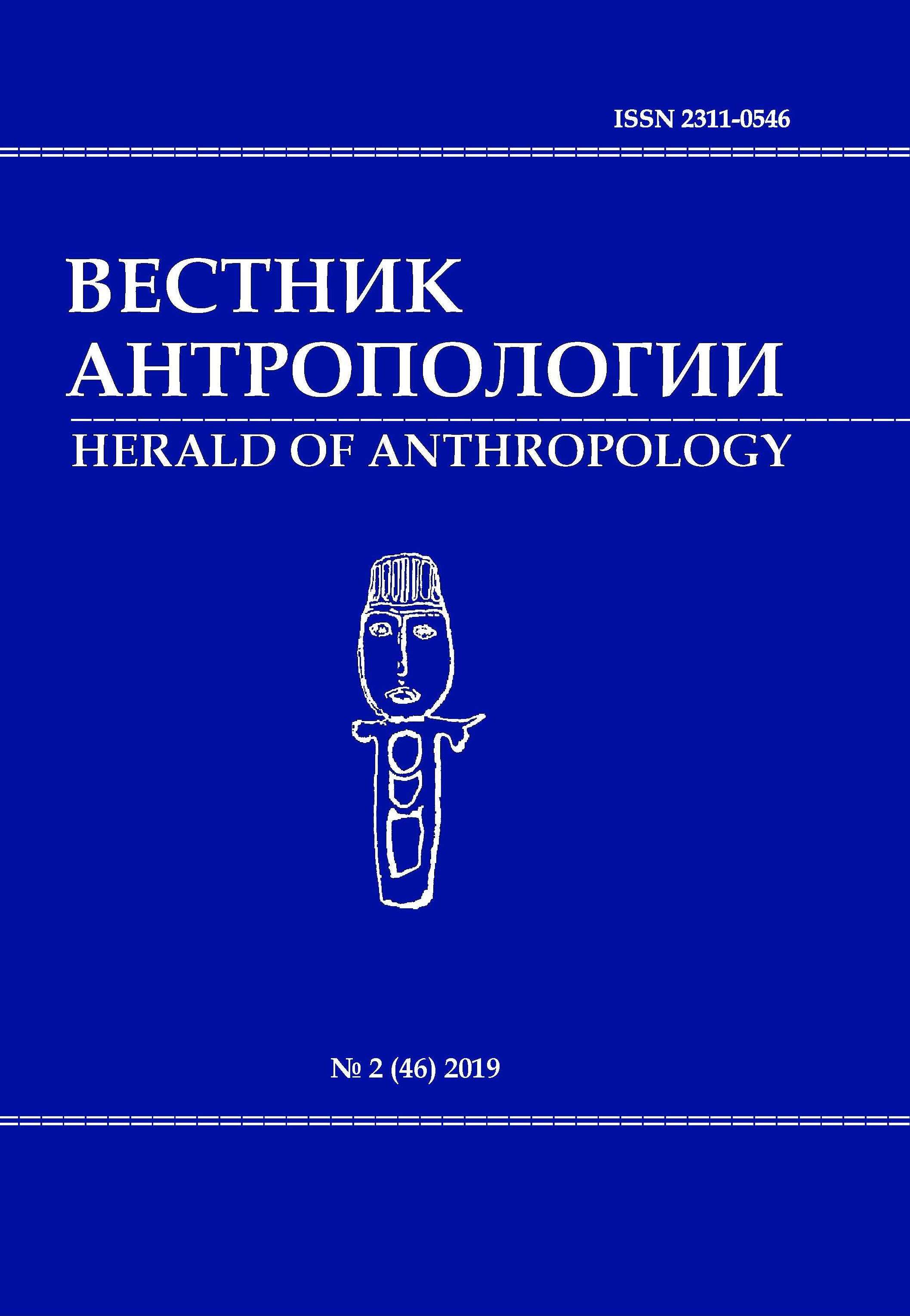Аборигенное предпринимательство в Северном Приобье
Doi: 10.33876/2311-0546/2019-46-2/72-85
Ключевые слова:
коренные малочисленные народы Севера, аборигены, Северное Приобье, экономика, предпринимательство, родовые общины, сбыт продукцииАннотация
В статье рассматривается история появления и развития предпринимательства в Северном Приобье среди ненцев, хантов и манси. Автор называет его аборигенным и указывает, что понимает его как экономическую деятельность, приносящую прибыль от выполнения работ, связанных непосредственно с традиционными отраслями хозяйства коренных малочисленных народов Севера (далее КМНС) или от продажи продукции этих отраслей. Источниковой базой послужили полевые материалы автора, полученные в ходе многолетних полевых исследований (2000, 2002, 2003, 2008, 2011, 2013, 2017 гг.) в разных районах ХМАО-Югры и ЯНАО.
Представленные в статье материалы показывают, что в Северном Приобье развиваются два вида аборигенного предпринимательства – институциональное и неформальное. Первое представлено общинами КМНС (родовыми или национальными) и фермерскими крестьянскими хозяйствами. В их организации заметна социальная направленность: общины, прежде всего, являются местом работы для рыболовов и оленеводов. Общинное предпринимательство поддерживаются органами власти на окружном и районном уровне через систему субсидий и грантов. Доходы большинства общинников невелики, что вынуждает их искать дополнительные возможности для заработка. Структура общин КМНС во многом основывается на родственных связях.
Неформальное аборигенное предпринимательство стихийно возникло в кризисные 1990-е годы и до сих пор не сдает своих позиций, поскольку обеспечивает основной доход семьям оленеводов-частников и рыболовов. В результате такого аборигенного бизнеса формируются довольно устойчивые клиентские сети, способствующие социальной интеграции местных сообществ. Такое предпринимательство приносит более высокие доходы, по сравнению с узаконенным формальным, несмотря на отсутствие поддержки «сверху» от властей. Это во многом способствует его устойчивости в северных суровых условиях, где рынок сбыта невелик. Риск быть обманутыми не является препятствием для развития подобного бизнеса.
Границы между институциональной и неформальной экономикой на Севере проницаемы и подвижны. Оленевод-частник может быть членом родовой общины, а после выполнения минимальной нормы сдачи продукции традиционных отраслей выступать как самостоятельный бизнесмен, реализуя продукцию через своих клиентов или приезжих коммерсантов. То же самое можно сказать про членов рыболовецких общин. Переплетение институционального и неформального предпринимательства образует сложную сеть социально-экономического взаимодействия в местных сообществах






















